
by plant4health | Feb 25, 2016 | cancer, Healing, Plant-based, Recipes, WFPB, Whole food, Whole food, plant-based

Inflammation is the root cause of most diseases (cancer, diabetes, heart disease, stroke, migraines, thyroid issues, asthma, etc.). When we begin experiencing chronic pain, it is easy to forget about the importance of paying attention to our bodies and the role foods play in our health.
When healing inflammation, the number one important thing to remember is that inflammation loves an acidic environment. We create this environment in our bodies by:
- Eating acidic foods (meat, dairy, sugar, wheat, and other acidic foods)
- Experiencing chronic mental stress (fear, resentment, depression, anger, worry, anxiety)
- Suffering from physical stress (bodily injury, surgery, insomnia, physical strain/overuse)
The best way to support your body while experiencing chronic inflammation is to address the above issues and how they affect your life. (more…)
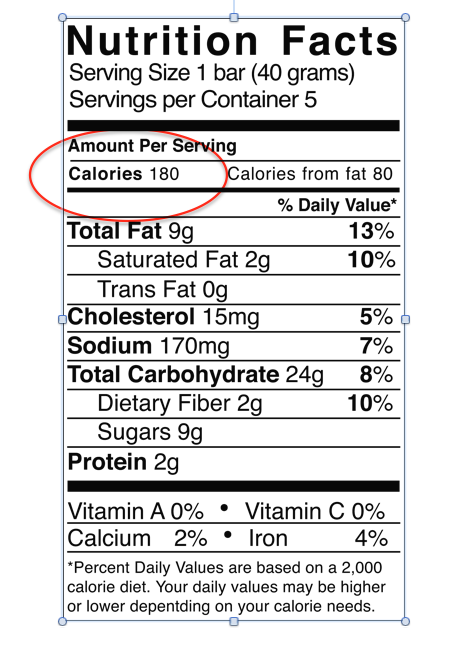
by plant4health | Jan 25, 2016 | Plant-based

Calories: a unit used to measure the amount of energy food provides when eaten and digested.
Counting calories is one of the most popular methods people use for weight loss. Seeking to shed unwanted pounds, dieters carefully select their food choices based on the total number of calories allocated for their gender, age, height, weight, and average daily level of activity. It’s a simple mathematical solution to lose weight; don’t eat more than your prescribed calorie allotment. But what seems like a logical solution is actually unhealthy and counter productive.
Here’s why:
1. Calories have nothing to do with nutrition.
(more…)
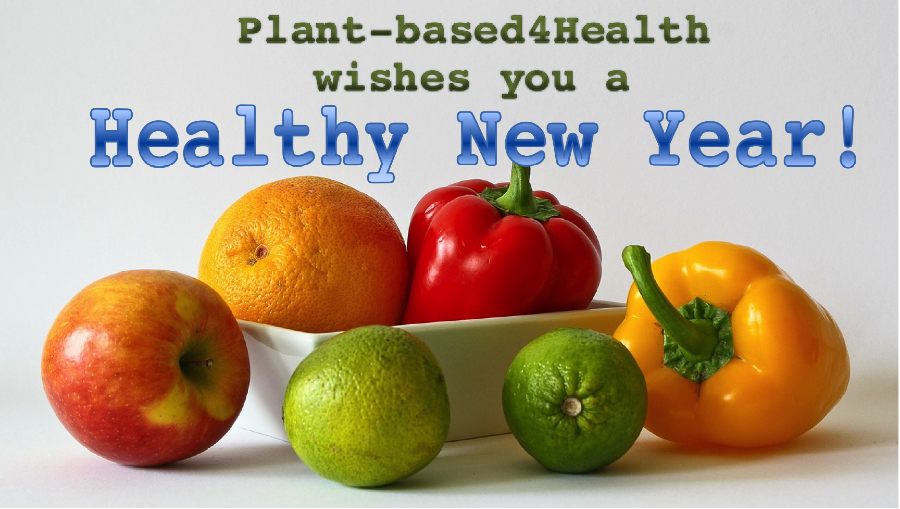
by plant4health | Dec 30, 2015 | Healing, Nutrition, Plant-based, Recipes, Vegan, WFPB, Whole food, Whole food, plant-based
 It’s a huge challenge to eat healthy during the holidays. Overindulgence of rich and sugary foods goes hand-in-hand with the season of giving, making it difficult to find a balance between holiday traditions and healthy eating. After the celebrating is over, we look to the new year in hopes of regaining our equilibrium. It’s the perfect time to renew the commitment towards making healthier choices.
It’s a huge challenge to eat healthy during the holidays. Overindulgence of rich and sugary foods goes hand-in-hand with the season of giving, making it difficult to find a balance between holiday traditions and healthy eating. After the celebrating is over, we look to the new year in hopes of regaining our equilibrium. It’s the perfect time to renew the commitment towards making healthier choices.
I invite you to join me in reclaiming healthy eating habits. I’m not talking about the dreaded “d” word – “dieting”. “Dieting” is filled with the negativity of depriving yourself of the foods your body has become addicted and emotionally attached to. (Learn more about your brain and food addiction.)
(more…)
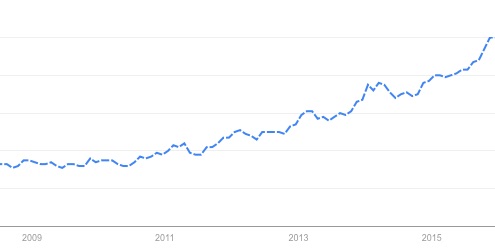
by plant4health | Dec 22, 2015 | Healing, Nutrition, Plant-based, Vegan, WFPB, Whole food, plant-based

Google search results for “Veganism – Diet”
As 2015 comes to a close, I’d like to thank all of our supporters and regular readers of plant-based4health.com. My sister-in-law, Kathy Parnay, and I launched the site in January 2015 as a way to share tips, resources, blog posts and recipes with people who are inspired to learn about and try a whole food, plant-based (vegan) diet to prevent or reverse chronic disease.
Kathy knows first hand about the healing power of a low glycemic, alkalizing plant-based diet. Her husband, Stefan, cured his prostate cancer on this diet, avoiding the surgery, chemo and radiation that his doctors strongly recommended. See their story: Our Journey with Prostate Cancer – A Wife’s Perspective. It is well documented that a whole food, plant-based diet can help people reverse Type 2 diabetes and heart disease, reduce cholesterol and blood pressure and lose weight. Sites like Physicians Committee for Responsible Medicine, PCRM.org, the T. Colin Campbell Center for Nutrition Studies, Dr. Michael Greger’s NutritionFacts.org, and Dr. John McDougall’s Health and Medical Center continually publish evidence-based articles and personal stories supporting the health benefits of whole food, plant-based nutrition.
Here are some of our popular posts and articles from this year: (more…)
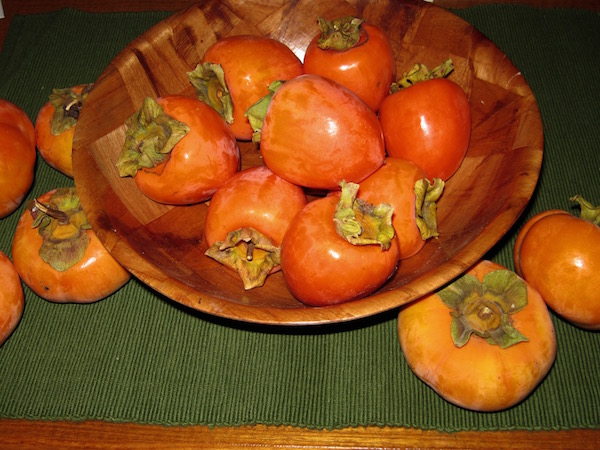
by plant4health | Dec 8, 2015 | Healing, Nutrition, Plant-based, Recipes, Vegan, WFPB
 Most people underestimate the nutritional value of Persimmons.
Most people underestimate the nutritional value of Persimmons.
Persimmons are a strange fruit. In late Fall in Northern California, you can find this plump fruit dangling from bare tree limbs, hanging on as if afraid to let go. Persimmons have a delicately mild sweet flavor and a firm apple-like consistency (Fuyu variety) or a soft and stringy texture (Hachiay variety). Until recently, I didn’t pay much attention to the potential value of their nutrients, being prejudice against their unusual textures and lack of distinct robust flavor. However, upon urging from my daughters and the generosity of my mother-in-law’s bountiful trees, we have incorporated this fruit into our Fall diet this year. Much to my surprise, Persimmons have become a wonderful complement to our plant-based meals.
This seasonal fruit holds a amazing amount of healing nutrients. Persimmons are: (more…)
![FACT: Our genes DO NOT dictate our health]()
by plant4health | Nov 19, 2015 | cancer, Healing, Nutrition, Organic, Plant-based, Vegan, WFPB, Whole food, Whole food, plant-based
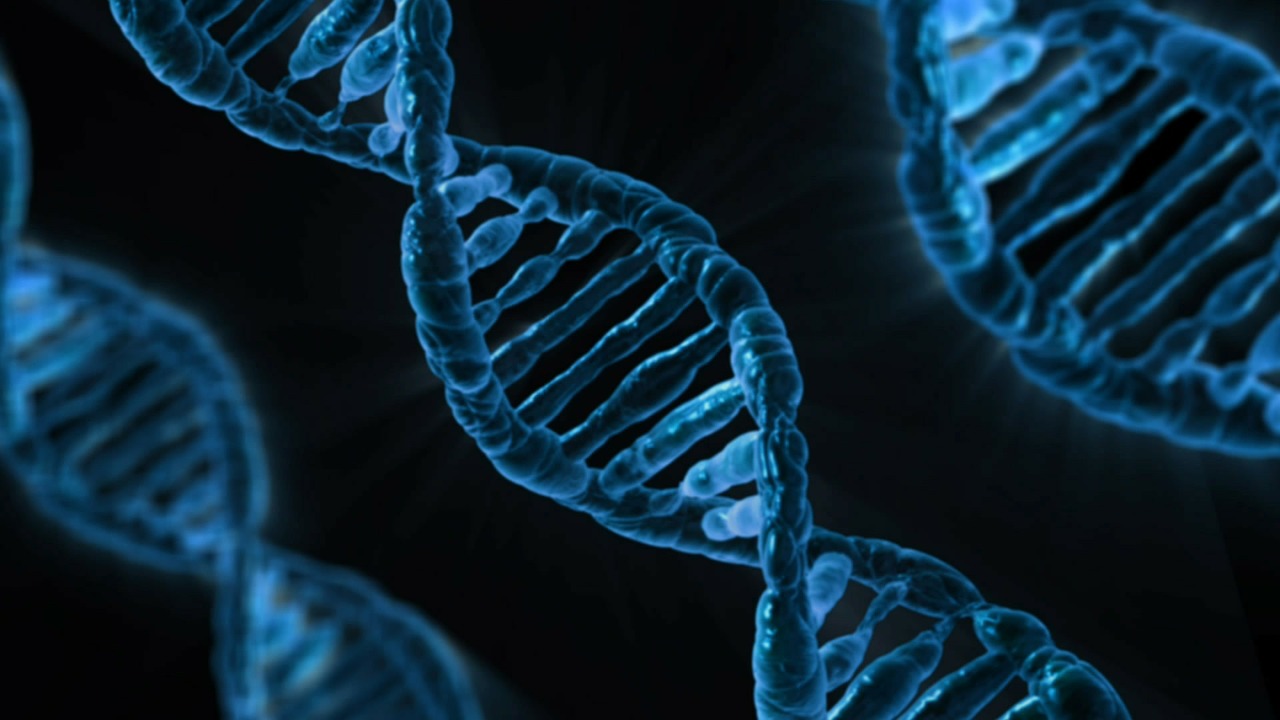 We’ve all heard it many times, “Breast cancer runs in my family”, “It’s no surprise I have heart disease since my father and his father before him did,” or “Everyone in my family has high blood pressure, so I’m sure I will too.”
We’ve all heard it many times, “Breast cancer runs in my family”, “It’s no surprise I have heart disease since my father and his father before him did,” or “Everyone in my family has high blood pressure, so I’m sure I will too.”
We accept the “diseases of old age” (cancer, cardiovascular disease, high blood pressure, diabetes, arthritis, etc.) as inevitable based on our family history, believing that our genetics predetermines our health.
Thank goodness this belief has been scientifically proven false!
We actually have a significant amount of control over our health as we age – yes, even over our DNA. This news is very empowering!
Our genes do not cause disease. We’ve been taught that our DNA provides a predetermined script of who we are; hair and eye color, shape of our face, height, etc. Thanks to the findings from the Human Genome Experiment (2003), science has identified which genes are associated with specific diseases. From this data, scientists had theorized that if your DNA consisted of a certain gene, then you would develop the disease that gene represents. (more…)







